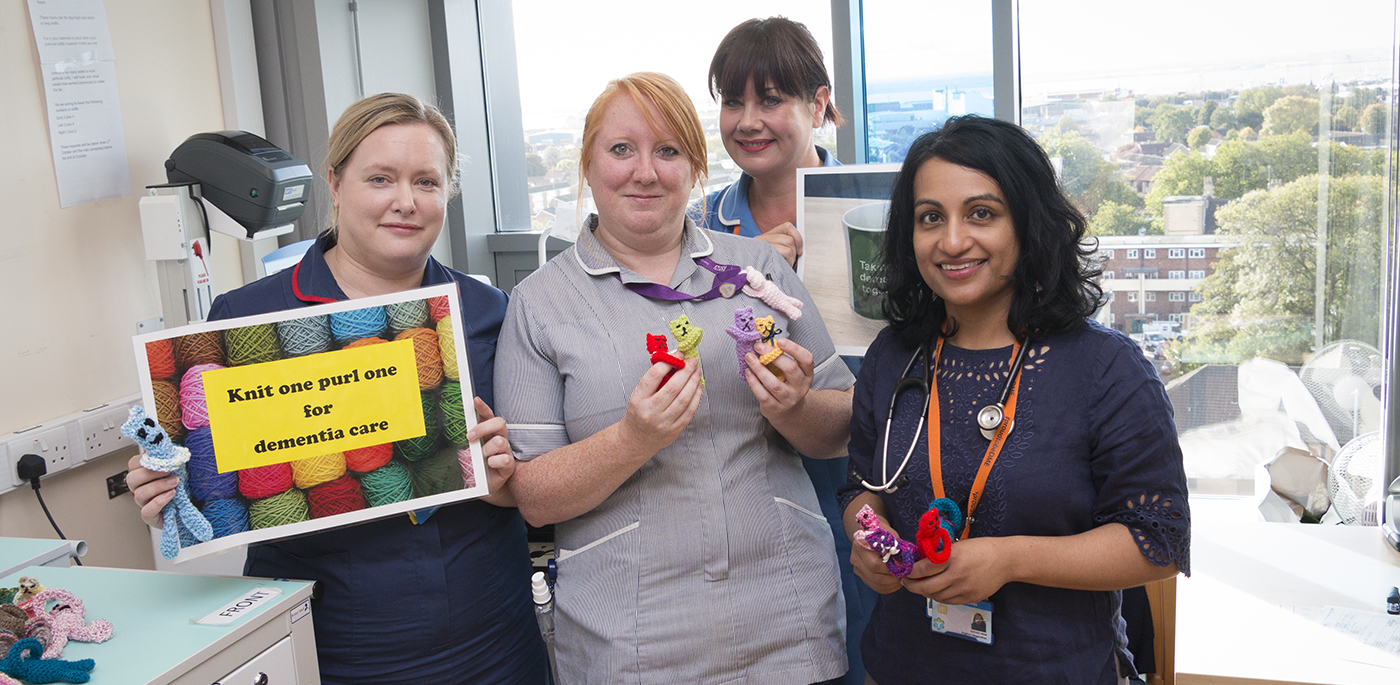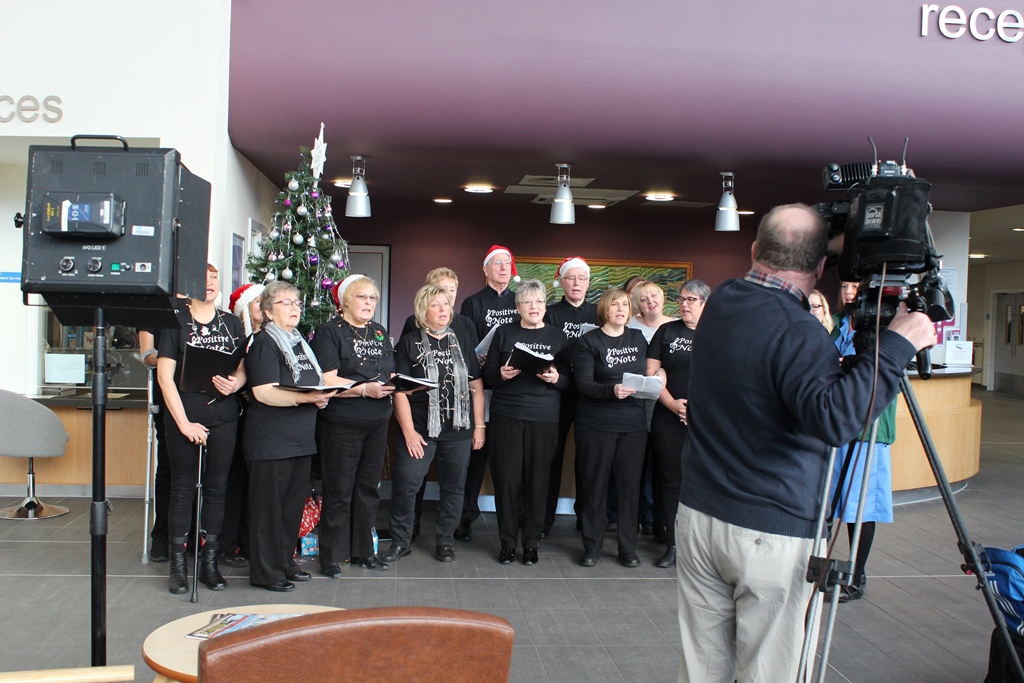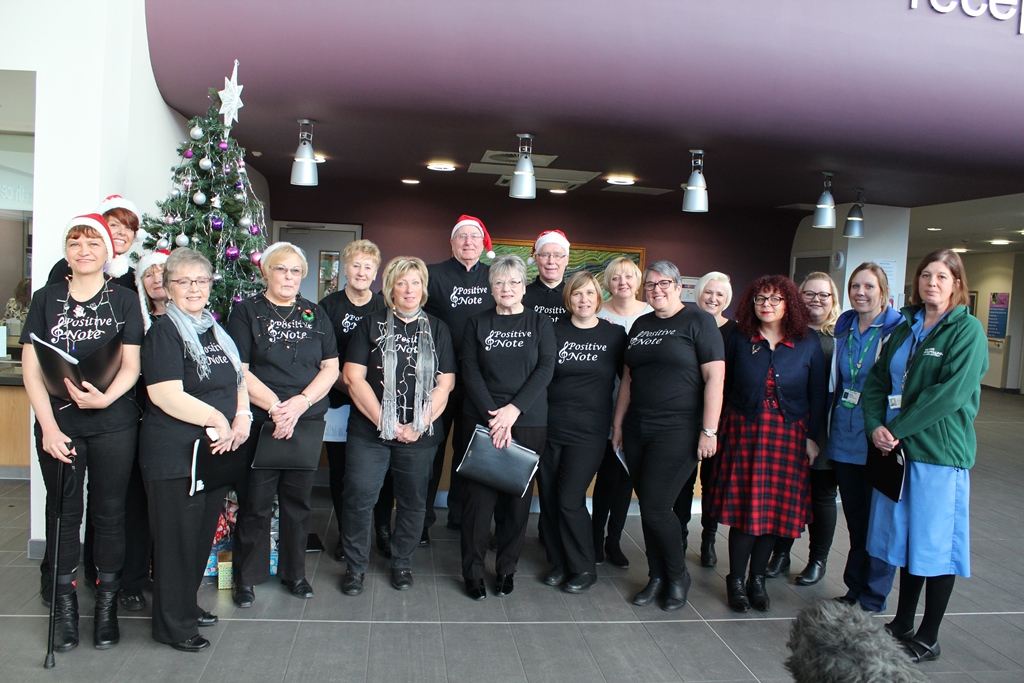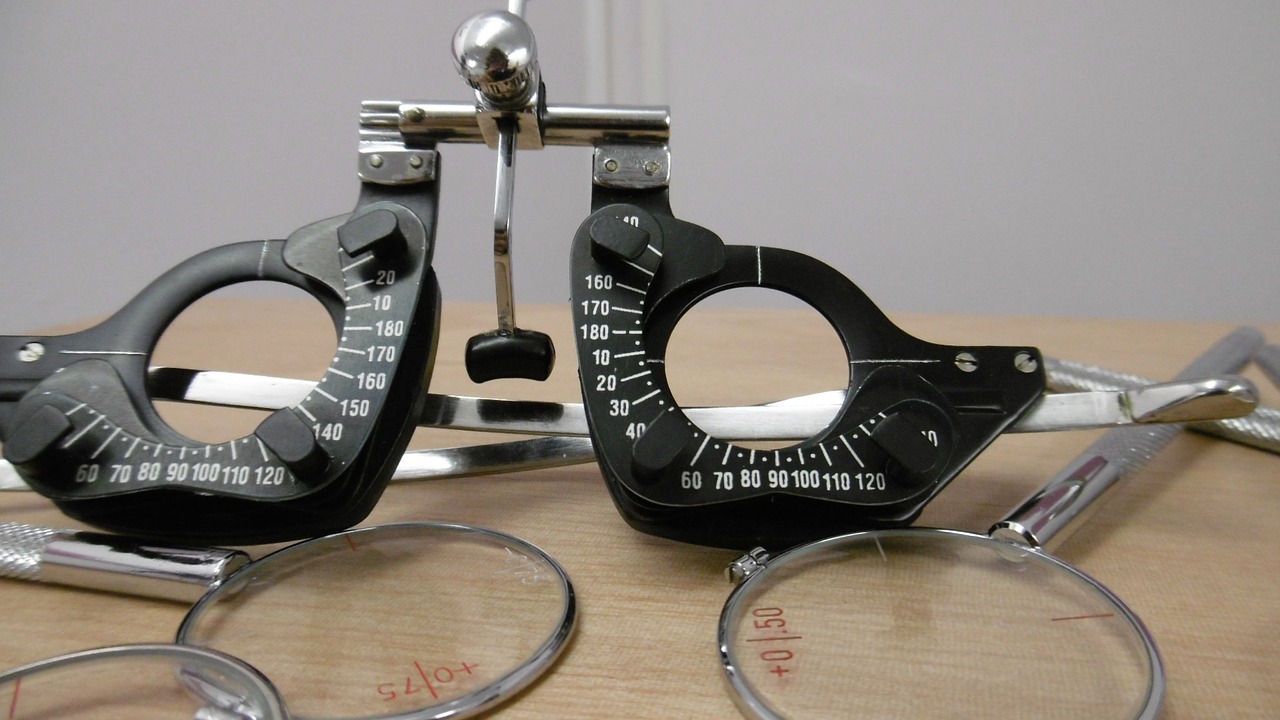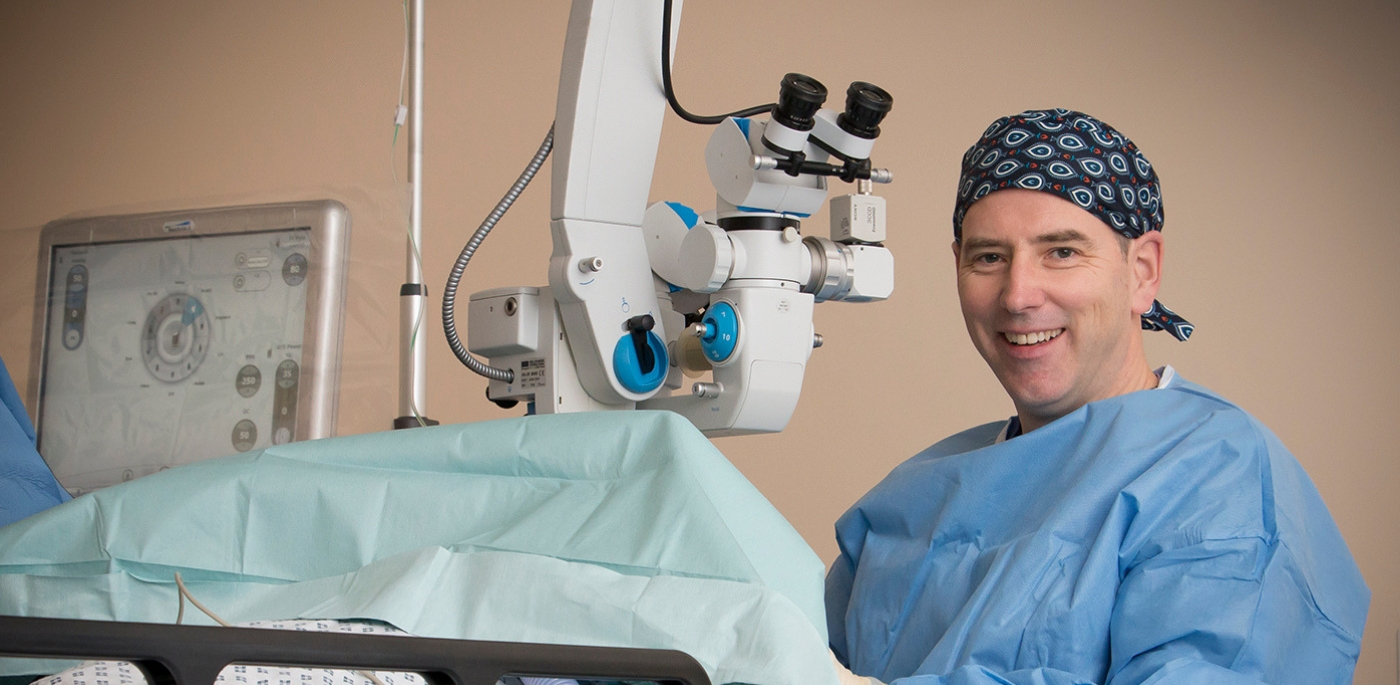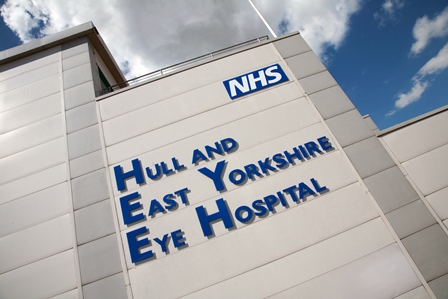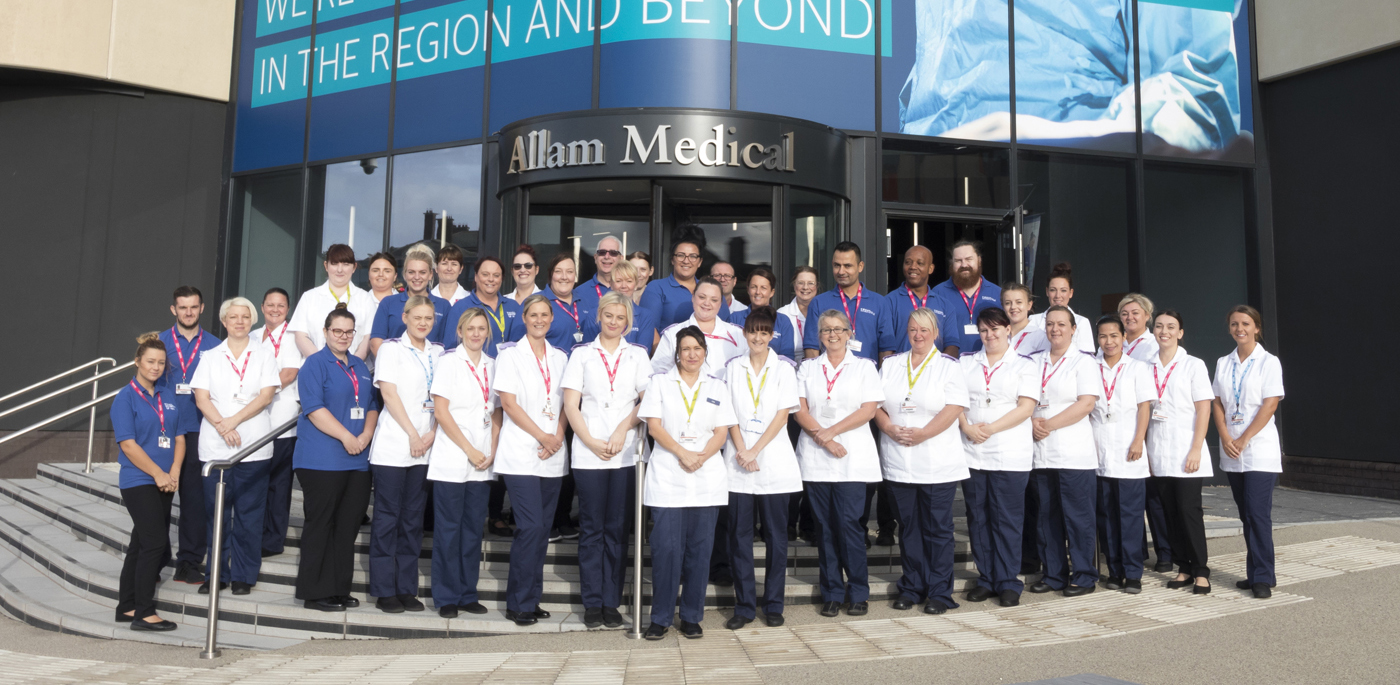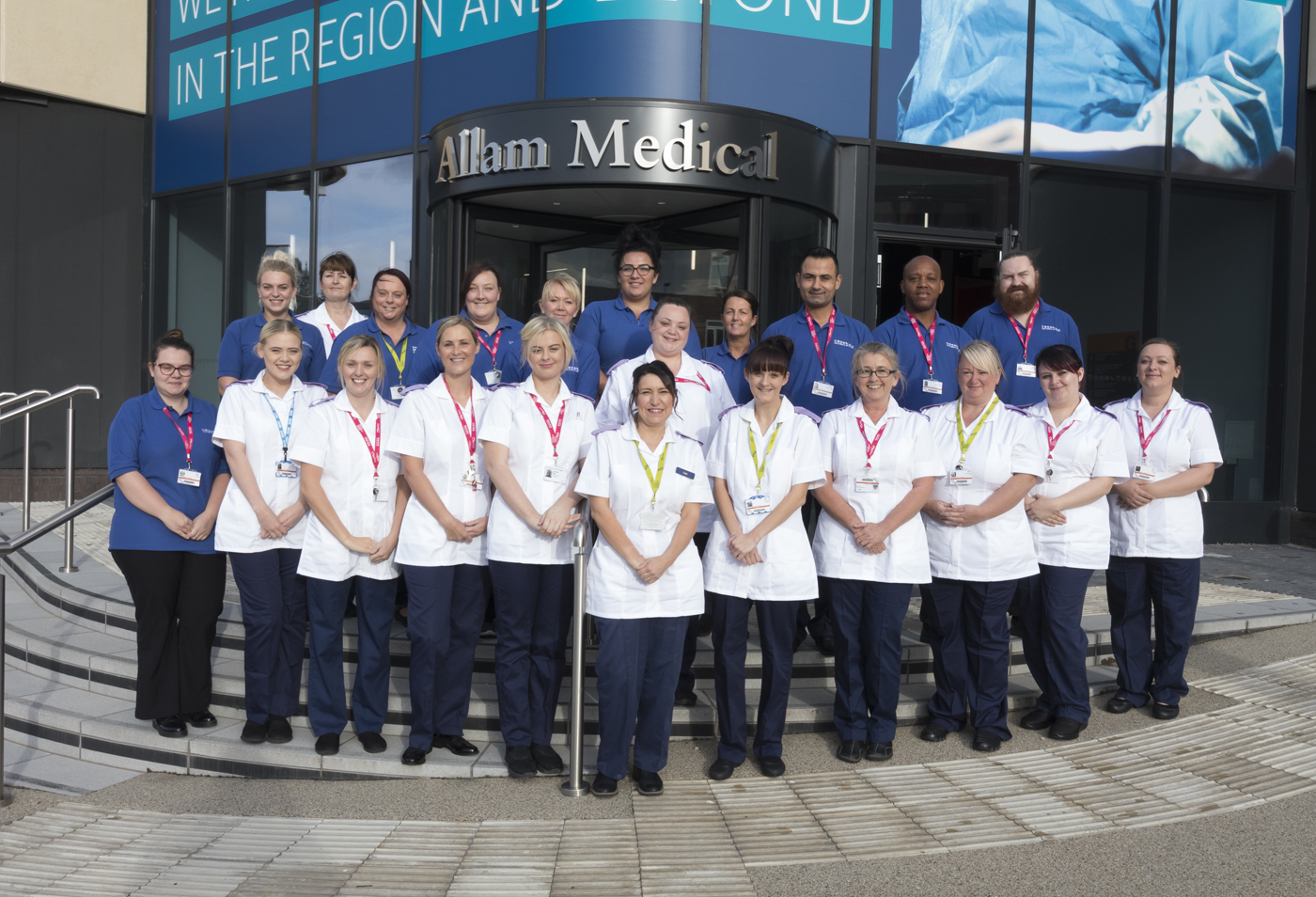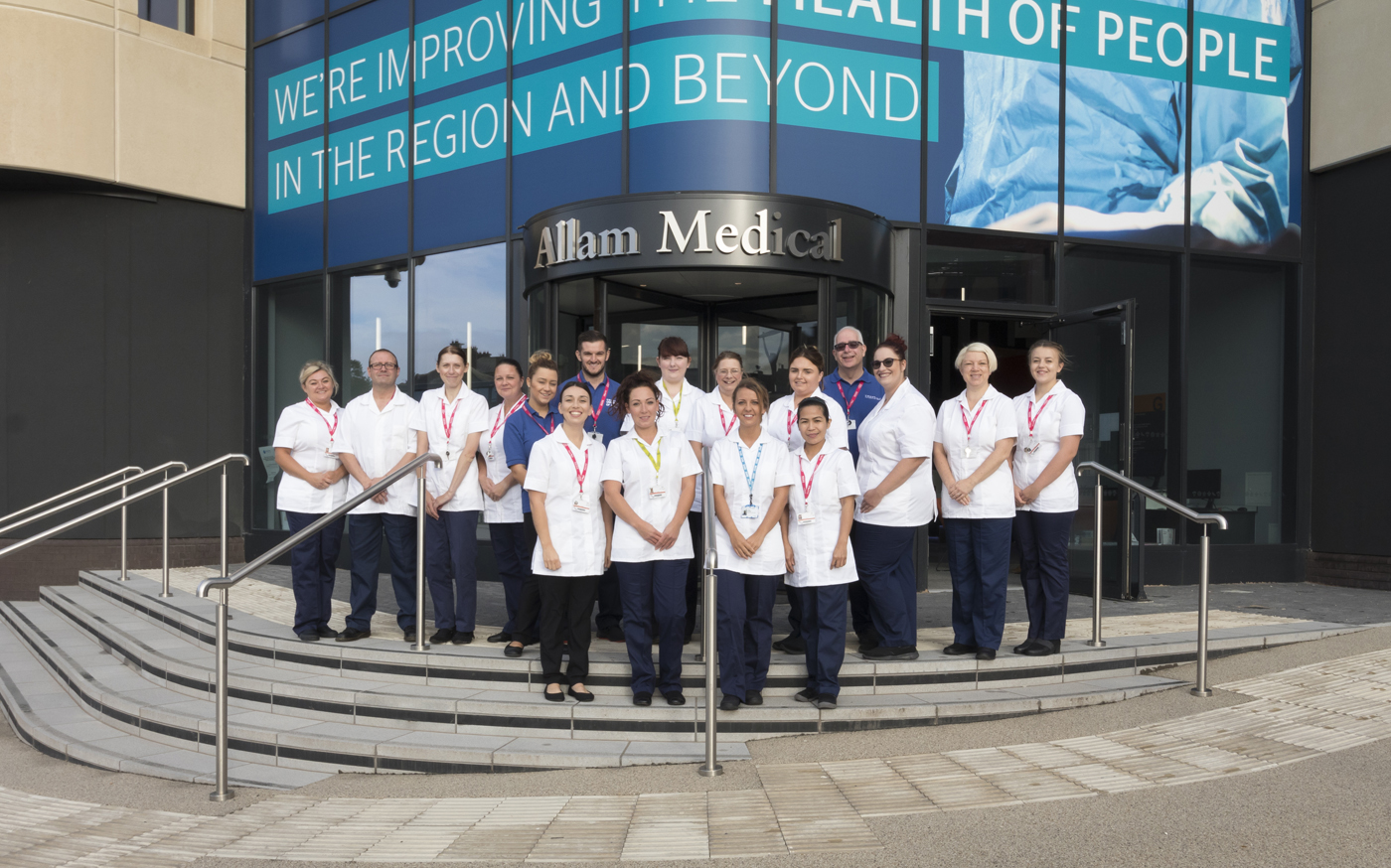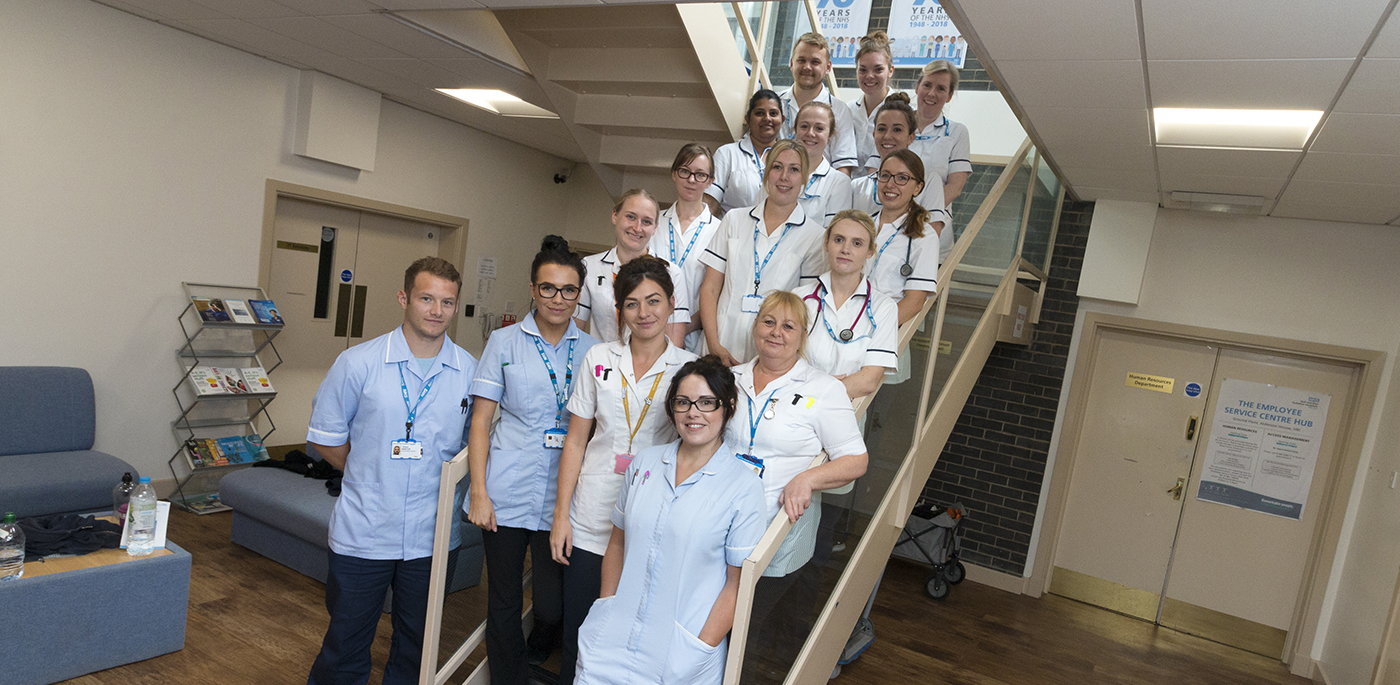They’ve been married “a lifetime”, he says, delighting in comfortable bickering which springs from decades of entwined existence.
Not long ago, his wife was diagnosed with dementia. She’s started falling, six times already this year. He might be criticising her “daft shoes”, now replaced with sensible flats, but worry is etched on his face.
Physiotherapist Charlotte Clee has been bleeped to the Rapid Access Clinic, across from the Emergency Department. Being part of the Frailty Intervention Team is just one of the many roles performed by the physiotherapy staff at Hull Royal Infirmary and Castle Hill Hospital.
The FIT team aims to prevent older people being admitted unnecessarily and to stop them coming back to hospital and a physio assessment is a key component.
“We see everyone who is 80 or above and anyone else who is likely to be frail or has a frailty need,” says Charlotte.
“We know that even an overnight stay for a patient over 80 can shorten their life because of deconditioning, muscle wastage and the risk of infection.
“If we can get them home, it’s better for them.”
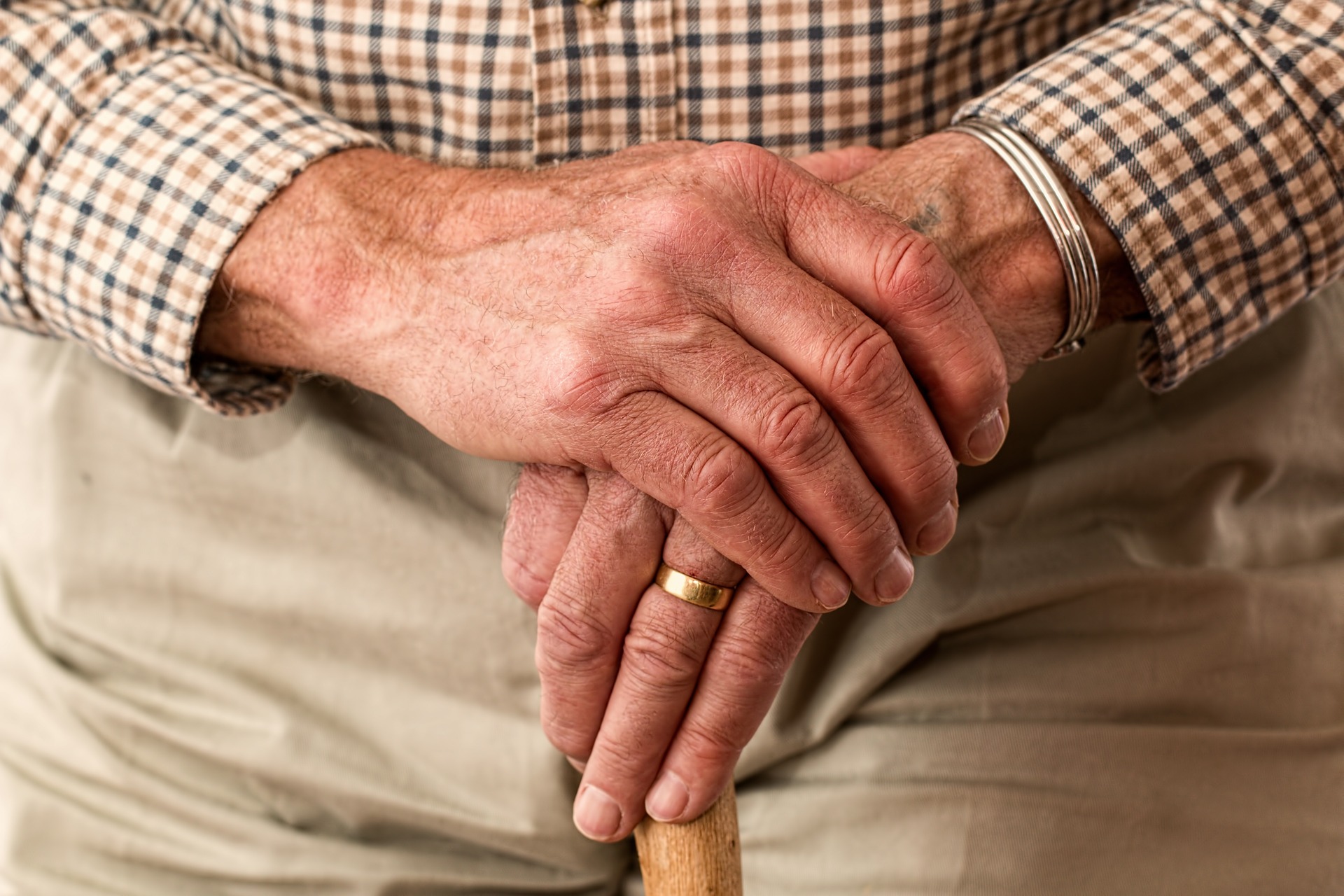
Getting patients home as soon as they well enough is a central role of hospital physiotherapists. But they will only agree when the correct support is in place.
Physio teams are assigned to all the health groups, working in specialities including orthopaedics, surgery, neurology, respiratory and emergency medicine.
On the Elderly Assessment Unit, clinical lead Bex Redmond and senior therapy assistant Layla Thornton check Cayder for the red circles identifying patients awaiting physio assessments.
On this 20-bed unit alone, there are six new patients and four “work in progress” all requiring their attention.
The women are part of the medicine team assigned to the Department of Medical Elderly, Ward 50, Ward 100 and Ward 70.
They also work closely with patients on the Progression to Discharge Unit on Ward 9 and they’re called to the ED and the Acute Medical Unit whenever support is required.
This morning, Bex and Layla are with a patient who has been in hospital for a few days. Their friendly chatter puts her at ease. They explain what they’re going to do at every stage and she’s happy to do what they ask.
She tells them about her grandchildren and her great grandchildren as they wheel her towards stairs at the side of EAU. They ask her to climb the flight of stairs while they stand either side of her.
She’s not putting her whole foot on the step, balancing precariously on the ball of her foot. Her arm hangs onto the bannister behind her, putting her off-balance.
With gentle instruction, Bex and Layla correct her positioning. At the top, the patient has a rest in a chair before heading back down.

Although she appears perfectly lucid, she tells them she’s still working. She’s well into her 90s. It’s a red flag suggesting that, regardless of her ability to climb stairs, additional home support may be required.
Bex and Layla admire her nail polish but, all the while, take mental notes of how she manages the stairs. Her notes will document both her progress and her needs.
Bex qualified as a physiotherapist in 2012. She doesn’t hesitate when asked what attracted her into the profession. From the age of four, she was surrounded by physiotherapists after her mum developed Choriocarcinoma – a cancer which develops in the uterus.
Her mother suffered three brain haemorrhages but survived. Although she spent a month in a coma at one stage, she made a full recovery thanks to 10 years of physiotherapy. That’s why Bex is a physiotherapist.
Originally from County Durham and studying at Bradford, Bex came to work in Hull as part of her final rotation before qualification and loved it so much here, she didn’t leave.
“I found the nursing staff and the physio team so friendly and the support from management has been fantastic,” she said. “It might be nowhere near home but it feels like home.”
She works her way through her list on EAU, chatting to patients, assessing not just their physical condition and needs but uncovering levels of confusion which may impact on the level of support they require at home.
One patient is asked to walk a few steps with a frame. Another with obvious and painful swelling on her legs is asked if she can pull herself into a standing position. She can’t. Home is not yet an option.
There’s a mini kitchen along the corridor where people can be assessed to see if they can make themselves a hot drink or heat up food safely in the microwave. There are stairs, walking aids and frames, high stools and wheeled trollies which people with mobility problems can use to carry food from one place to another.
Bex says job satisfaction comes from getting a patient back on their feet.
“It’s a really rewarding job,” she says. “We see people at their most vulnerable and then we get them to a point where they are confident in their own abilities and can go home.”
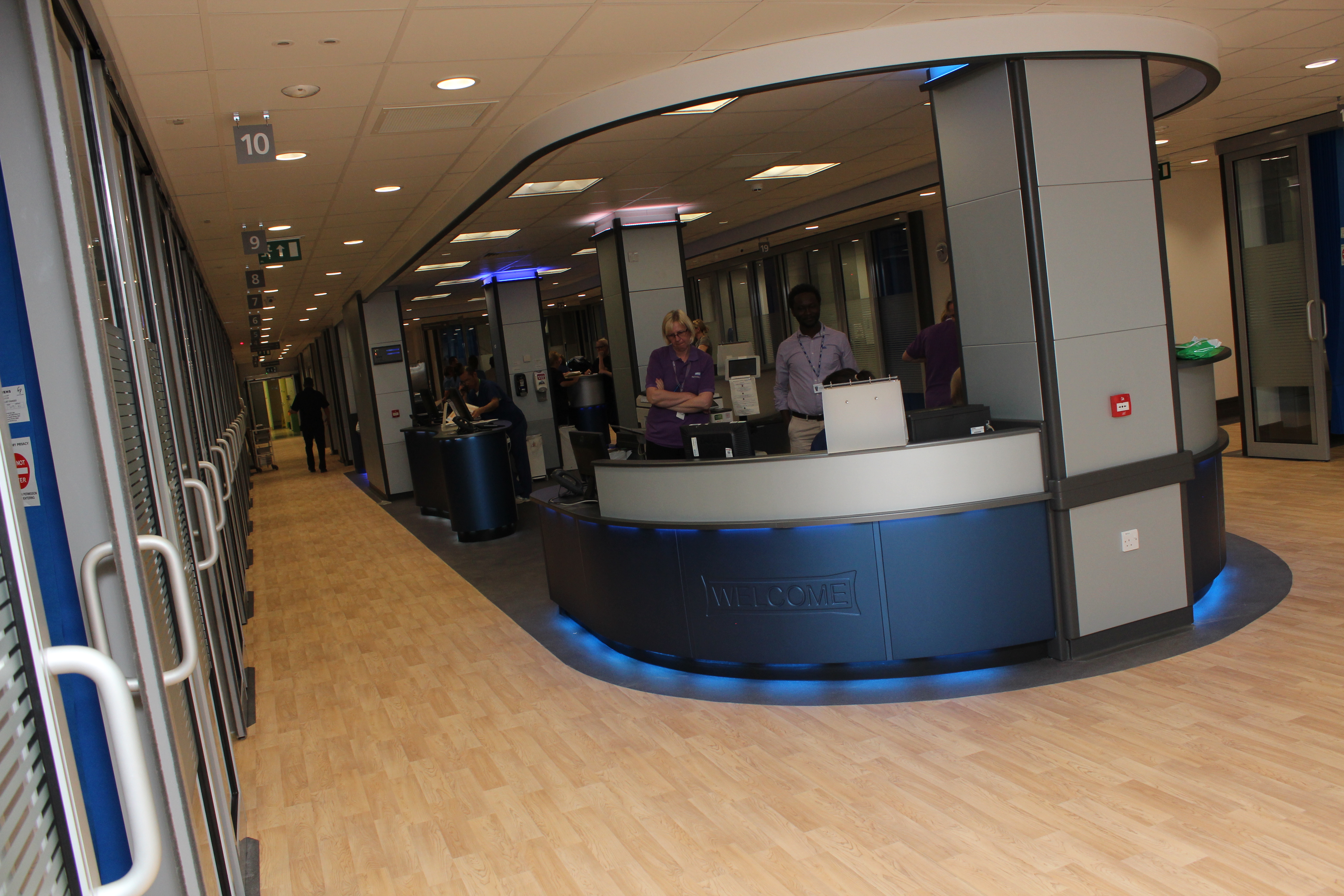
Back in the Rapid Access Clinic, Charlotte has taken a full history from the patient’s husband, the woman happy to let her husband do the talking.
She thinks a walking aid might help the woman’s balance and also give her more confidence when she’s walking outside. Charlotte asks her to walk across the room with the stick. The woman carries it aloft like a prize.
To the woman, in her late 70s, walking aids are for old people. She won’t be using it, she says.
Her husband sighs. “She does what she wants, always,” he says, an exasperated shrug failing to dim the twinkle in his eye.
Charlotte comes up with a plan. The community-based Falls Team will assess the woman at home. Tests are under way to see if there’s a medical reason for the falls and she will be seen by the team at the new Jean Bishop Centre in east Hull.
The woman is sent home, with the walking stick, another patient spared a hospital admission.
Back at her desk in the heart of majors and halfway through her shift, Charlotte consults her list. There’s always another patient to see.
